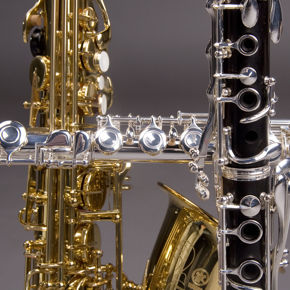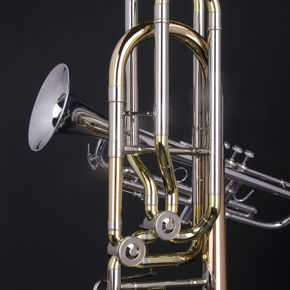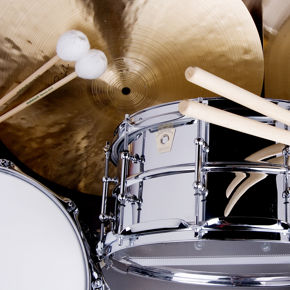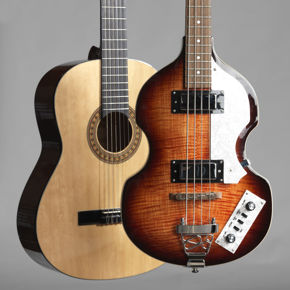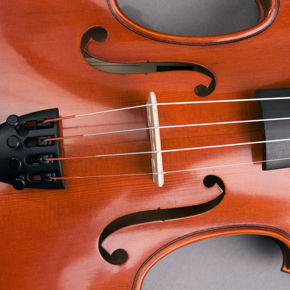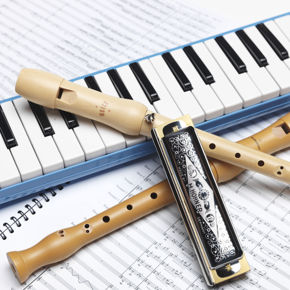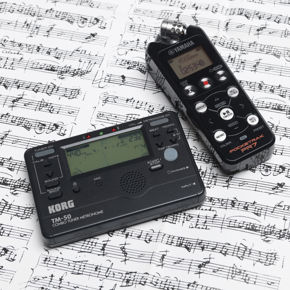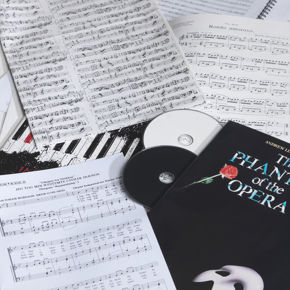These are the original Mollard batons. They are famous for their lightweight, precision balance, beauty and responsiveness.
As you will see, we have many baton choices for you! Sometimes its a bit overwhelming to decide, especially if you are just starting out. (Note for conducting students: your conducting instructor may want you to buy a particular sized or weighted baton. Be sure to check with him/her before you decide.) Choosing your batons is akin to choosing golf clubs or tennis rackets. One size does not fit all, and different batons suit different circumstances.
Here are some questions to ask yourself before selecting your Mollard batons:
1. How tall are you? Long arms? Short arms? We have watched thousands of people trying out our batons at music educator meetings, and many of them compare the length of the baton to the length of their forearm. This is a good starting point when choosing length, but its not necessarily the final word. The other questions on this page will affect your choice of length as well.
2. What sort of hand do you have? Long, and slender? Short and beefy? Each hand wants to hold a baton uniquely, so let your hands help you in your handle selection.
3. What forces do you conduct? How far are the performers from you? Is the enviornment bright or dark? Are the walls white or beige? How many performers? These questions are important because your choice of baton color and size will affect how well your performers can see you (assuming, of course, that they actually look up now and then!)
4. Do you hold the baton at its balance point, or do you like a little tip weight? While all Mollard batons are balanced, the balance points are designed to be in different places. Generally, the longer the baton, the further forward the balance point. For instance, our 12 inch wood batons balance within 1/4 inch of the handle. Our 14 inch wood batons have a balance point within 1/2 inch, and the 16 inch carbon fiber batons (with wood handles) balance within 1 inch of the handle. The Lancio batons are quite different in this regard. The balance point occurs within the front third of the handle itself, which admitedly is a rather unorthodox concept, but one that gives the Lancio batons a surprisingly silky feel. All these differing balance points accommodate a wide variety of preferences regarding baton feel.
5. Are you conducting works that require sharp ictusses (or is that ictae?), or is imparting a legato more important? One advantage of Mollard batons is that most any in our selection will do well no matter what articulation you must communicate. They are remarkably responsive to your slightest movement. However, like switching golf clubs for different shots, sometimes it is advantageous to switch batons for different circumstances. For instance, one may choose to use a P12 for a small baroque ensemble, an S14 or Lancio for a good sized choir, an E14 for pit work, or an E16 for a large band or perhaps when conducting multiple forces like at a bell choir festival. Of course, these are just our suggestions. Its really your choice.

